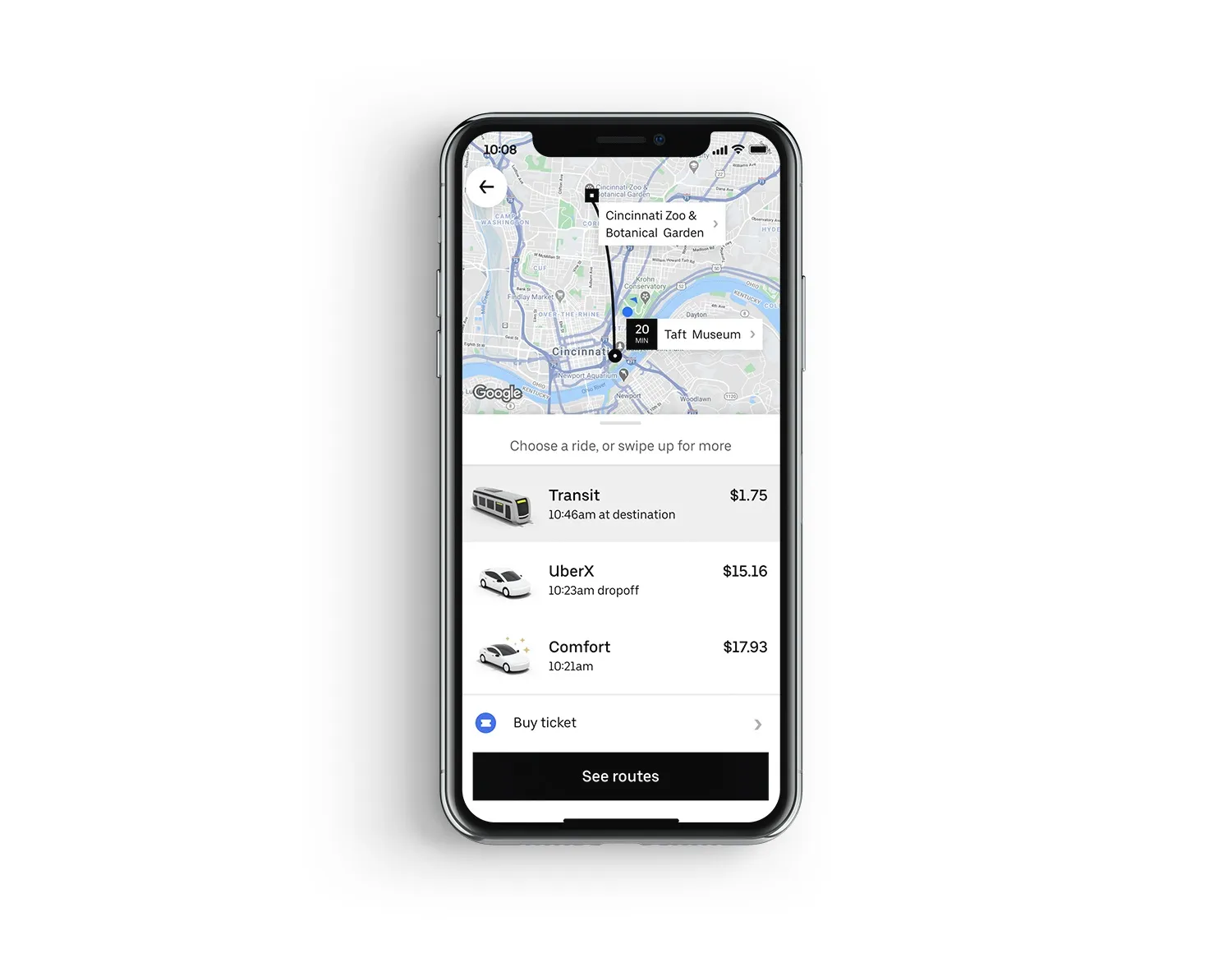In a historic and unanimous vote, the Nassau County Legislature, Long Island, New York, has approved a contract with Veolia Transportation to manage the county's bus and paratransit system under a new public-private operating partnership to commence January 1, 2012. The value of the contract is US$106 million annually and makes Veolia Transportation the service provider of four of the top five largest transit contracts in the US, including Nassau County, Las Vegas, Phoenix, and New Orleans. The company won
March 27, 2012
Read time: 2 mins
In a historic and unanimous vote, the Nassau County Legislature, Long Island, New York, has approved a contract with 4432 Veolia Transportation to manage the county's bus and paratransit system under a new public-private operating partnership to commence January 1, 2012.
The value of the contract is US$106 million annually and makes Veolia Transportation the service provider of four of the top five largest transit contracts in the US, including Nassau County, Las Vegas, Phoenix, and New Orleans. The company won the five-year contract with a five-year renewal option as part of an extensive procurement process managed by Nassau County that began early in 2011. The system has recently been re-named Nassau Inter-County Express (NICE).
The Nassau County transit system transports 31 million bus passengers and 280,000 paratransit passengers each year and has been managed by the New York MTA since 1973. This contract is an example of a new kind of public-private operating partnership pioneered by Veolia. The County retains ownership of buses, equipment, facilities and other infrastructure, plus control over fares and service levels, while Veolia manages and operates all aspects of the transit system on the County's behalf, bringing private sector efficiences and expertise.
"Nassau's public-private partnership with Veolia represents a new, smarter and more efficient way of providing services in Nassau County," said Nassau County Executive Edward P. Mangano. "Today marks a new era of service quality for riders, job opportunities for employees and reduced costs for local taxpayers. All across the US, taxpayers are demanding that governments spend less, be more accountable and deliver better quality - and with this partnership with Veolia Transportation, Nassau County is doing just that."
The value of the contract is US$106 million annually and makes Veolia Transportation the service provider of four of the top five largest transit contracts in the US, including Nassau County, Las Vegas, Phoenix, and New Orleans. The company won the five-year contract with a five-year renewal option as part of an extensive procurement process managed by Nassau County that began early in 2011. The system has recently been re-named Nassau Inter-County Express (NICE).
The Nassau County transit system transports 31 million bus passengers and 280,000 paratransit passengers each year and has been managed by the New York MTA since 1973. This contract is an example of a new kind of public-private operating partnership pioneered by Veolia. The County retains ownership of buses, equipment, facilities and other infrastructure, plus control over fares and service levels, while Veolia manages and operates all aspects of the transit system on the County's behalf, bringing private sector efficiences and expertise.
"Nassau's public-private partnership with Veolia represents a new, smarter and more efficient way of providing services in Nassau County," said Nassau County Executive Edward P. Mangano. "Today marks a new era of service quality for riders, job opportunities for employees and reduced costs for local taxpayers. All across the US, taxpayers are demanding that governments spend less, be more accountable and deliver better quality - and with this partnership with Veolia Transportation, Nassau County is doing just that."








